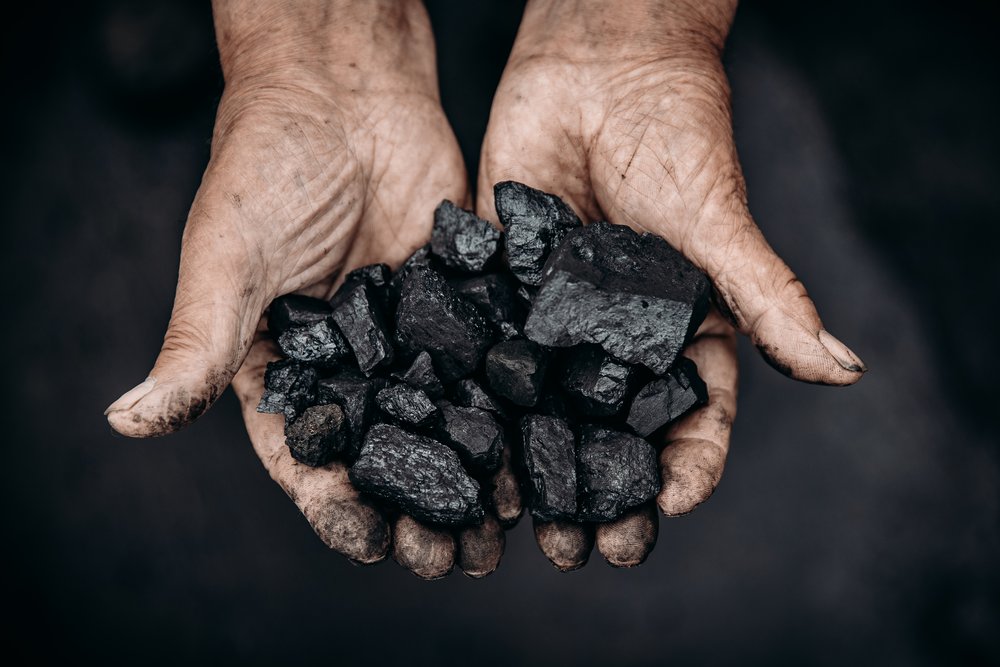For centuries, the human race has been largely dependent on fossil fuels. Despite its obvious damaging capabilities to our environment, fossil fuels still make up most of our renewable energy sources ( a staggering 80 percent of our total energy needs!). It is used to power our cars, our business, and keep the lights on in our homes.
However, a sudden shift, a realization brought by the pandemic has rocked the fossil fuel industry. We’ve seen how the demand for oil has fallen faster than ever. Now that more people are staying at home, there’s less use for cars and gasoline. A lot of factories have also closed due to fewer consumers. This has made many climate scientists believe that the oil industry can eventually be eradicated. Not only will this provide thousands of funding for renewables, but also save our planet.
The Great Energy Transition
The 2020s has been dubbed the decade of “The Great Energy Transition”. This decade will bring the start of the end of fossil fuels. It will be the start of a change in our financial market, economy, politics, and daily life.
The need to move fast to reduce the devastating effects of c is now apparent to everyone, not just scientists. We’ve seen more and more people work together to make this a reality. Policymakers, governments, and billionaires have teamed up to focus on renewables and low emission technology options.
By the year 2040, experts forecast that fossil fuels will still be used for 60% of our energy. This is already a large reduction compared to 85% today. The use of oil in transportation will also be greatly reduced. This is now seen in the global sales growth of electric cars.
In fact, according to the International Energy Agency, there is a huge potential for the power industry to reduce around 1.2 gigatons of CO2 emissions today by switching from coal to clean energy.
Although the world might still need oil and gas, clean energy will have an important role in filling up our everyday needs. This will move our planet closer to a low carbon future. Many countries have also started committing to a low-carbon economy by providing better incentives for businesses that switch to sustainable energy. One of these is the country of the Netherlands. The government has promised that by 2050, all their energy must come only from sustainable sources. Companies that don’t transition to renewables will have no place in the country by that year.
Why Is Fossil Fuels So Bad?
It contributes to global warming
This is the most serious effect of fossil fuels on our environment. The process of burning and manufacturing fossil fuel has a major effect on climate change. In a 2014 study, around 78% of global warming emissions were carbon dioxide emissions from oil, coal, and natural gas. Other renewable technologies contribute to only 1 percent of the total emissions.
They are nonrenewable
Fossil fuel will run out. Based on research, we only have just around 100 more years of coal production, 50 years of crude oil, and 50 of natural gas before these resources run out. This is why switching to clean energy now is so important.
Land degradation
The unearthing of underground oil, gas, and coal seriously degrades our landscape. The fossil fuel industry has used lands to build access roads, waste storage, and processing operations. They turned forests, islands, and mountains into places of operation. This results in the destruction of wildlife habitat which leaves many animals displaced.
Water pollution
Coal mining operations have been found to dump acid runoff and unwanted debris into streams, rivers, and lakes. This has increased the prevalence of oil spills which damage freshwater and marine ecosystems. Other mining operations also have been found to contaminate wells and waterways with pollutants that are dangerous for humans. It has been linked to birth defects and cancer.
Air Pollution
Aside from warming our planet, gas emissions also increase local air pollutants such as smog and soot. These pollutants are known to increase the risk of heart disease, lung cancer, and stroke in populations near their factories.
Health Risks
The burning of fossil fuels creates pollutants that cause many diseases such as heart attack, respiratory disorder, asthma, and stroke. There are also studies that relate it to the increase of autism and Alzheimer’s disease.
Producing and mining oil is dangerous
Despite advancements in technology, mining disasters still happen. Mining collapse has killed people. Working in mines is also a known health hazard for miners. Eradicating this industry will create better and safer jobs for people.










